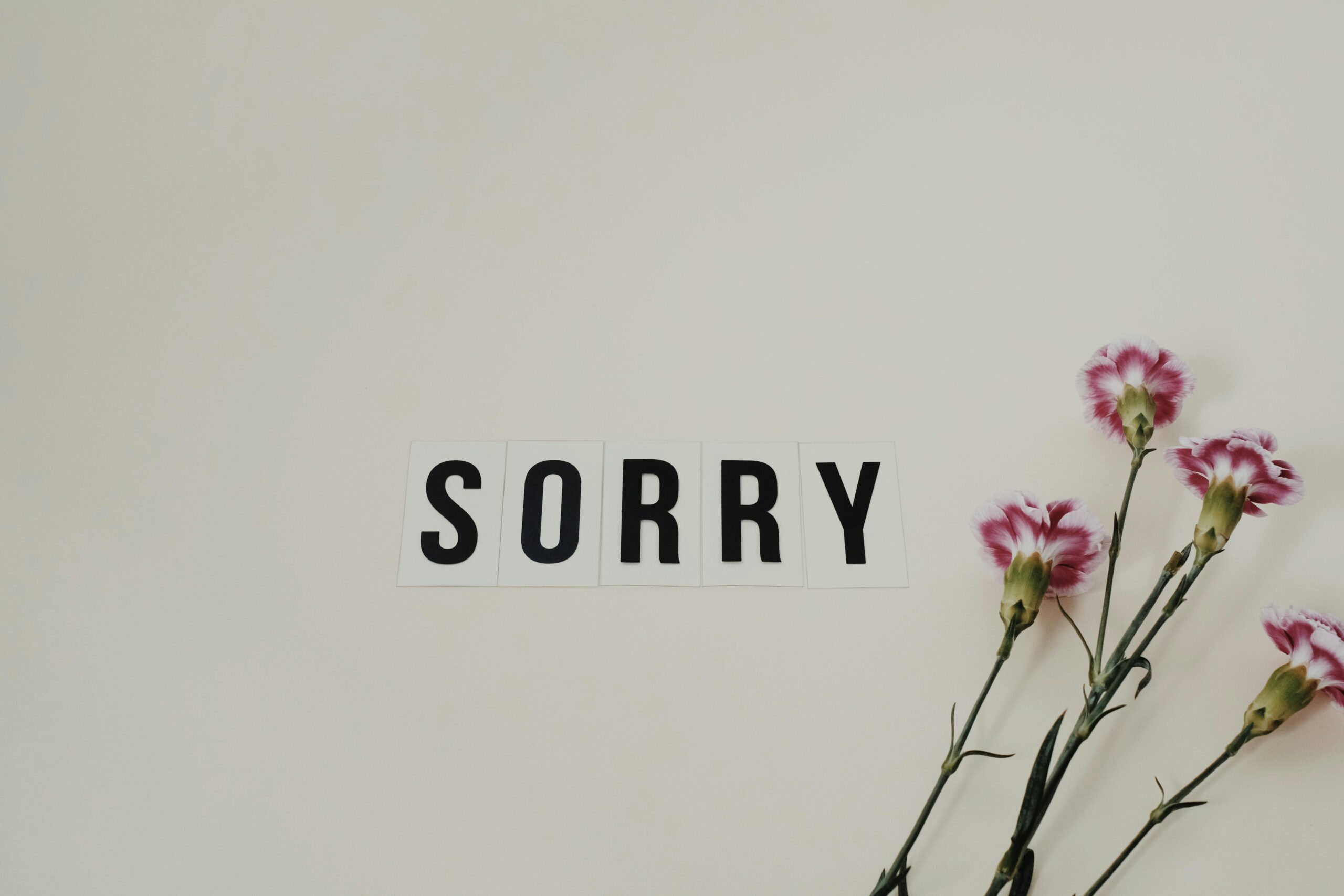When “sorry” becomes your way of staying small.
You bump into someone — “Sorry.”
You speak up — “Sorry.”
You have a boundary — “Sorry.”
You exist a little too loudly — “Sorry.”
It becomes automatic.
A reflex.
A quiet plea for permission.
You’re not apologizing for something you did.
You’re apologizing for taking up space at all.
Over-apologizing doesn’t always come from guilt.
It comes from conditioning.
Somewhere along the way,
you learned that softening yourself
kept you safe.
That saying “sorry” made you more acceptable.
Less threatening.
Less disappointing.
But now?
You’re shrinking.
You’re saying “sorry” when you mean “thank you.”
You’re saying “sorry” when you mean “no.”
You’re saying “sorry” when what you really mean is: “This matters to me.”
Ask yourself:
- What am I trying to protect when I say “sorry”?
- Who taught me that my needs were disruptive?
- What happens if I replace “sorry” with truth?
This is the Cushy way.
Respect without reduction.
Softness that stands tall.
Speech that doesn’t start with apology.
You’re allowed to take up space.
You’re allowed to change your mind.
You’re allowed to speak and not say “sorry” for it.


